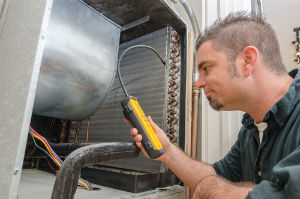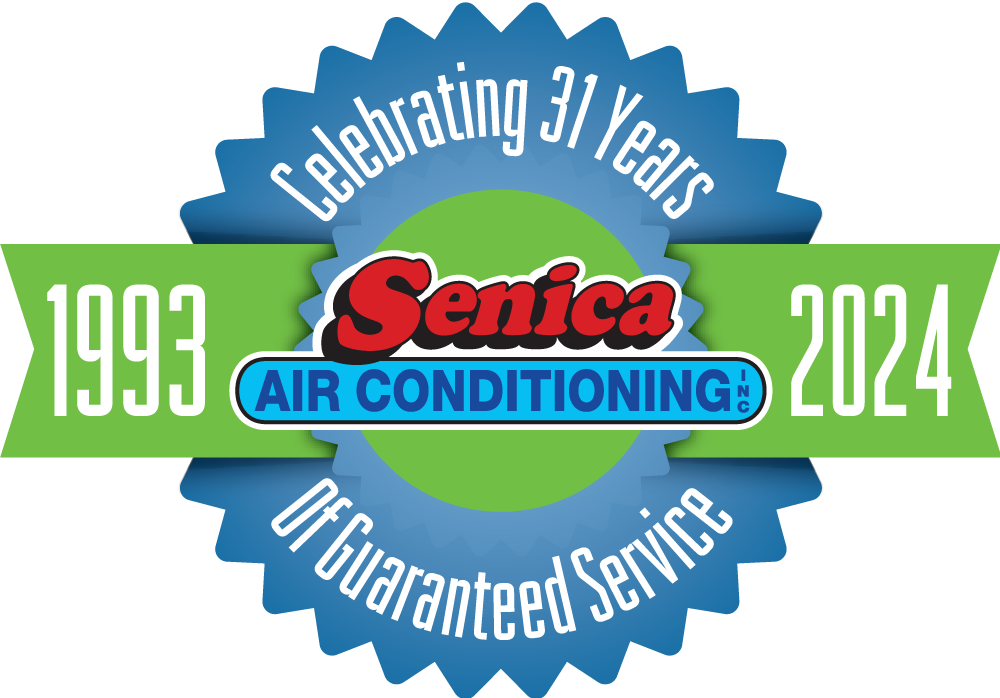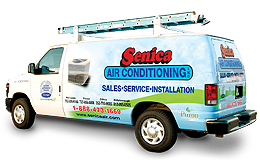 One of the most critical components of your St. Petersburg home’s central cooling system is the indoor evaporator coil. Depending on whether or not you have a furnace, the evaporator coil either sits upon it or inside your system’s air handler. During the cooling process, liquid refrigerant in the evaporator coil absorbs the heat from your home’s indoor environment. Once heated, the refrigerant changes to gas and is cycled to your outdoor unit. Meanwhile, the now cool air gets pushed to your home’s living spaces.
One of the most critical components of your St. Petersburg home’s central cooling system is the indoor evaporator coil. Depending on whether or not you have a furnace, the evaporator coil either sits upon it or inside your system’s air handler. During the cooling process, liquid refrigerant in the evaporator coil absorbs the heat from your home’s indoor environment. Once heated, the refrigerant changes to gas and is cycled to your outdoor unit. Meanwhile, the now cool air gets pushed to your home’s living spaces.
Unfortunately, it’s common for your evaporator coil to freeze over or leak, causing issues with your air conditioner. Here are some of the causes of evaporator coil leaks, and what to do if you’ve got a coil problem:
Causes of Evaporator Coil Leaks
A huge reason evaporator coils leak is because of manufacturing product. These coils are often made out of a thin copper. Because of how rapid heat transfers through copper, it can cause a natural wearing out that leads to leaks. But there is a major culprit that determines how fast these leaks will develop.
This process of wearing begins with the impact of formic acid corrosion. Formic acid is produced when volatile organic compounds (VOC) have a reaction to the evaporator coil’s copper compounds. VOCs are byproducts from the vapors released by common home cleaning products, including air fresheners, aerosol cans, cleaning agents, and any other home product that was manufactured utilizing a chemical process.
How To Reduce the Effects of Formic Acid
- Try to limit how many VOC-emitting products you use in your home. This will reduce the formic acid corrosion process.
- Routinely clean your evaporator coils to reduce the acid buildup. This is a routine service that is performed during annual HVAC maintenance visits. A clean coil will lead to a prolonged life. Additionally, keeping this vital component clean will cause reduced internal refrigerant pressures from the compressor. The lower pressure will help with the first cause of evaporator leaks discussed above.
For more information on the causes of evaporator leaks, contact Florida experts at Senica Air Conditioning, Inc. Inc.
Image Provided by Shutterstock.com



